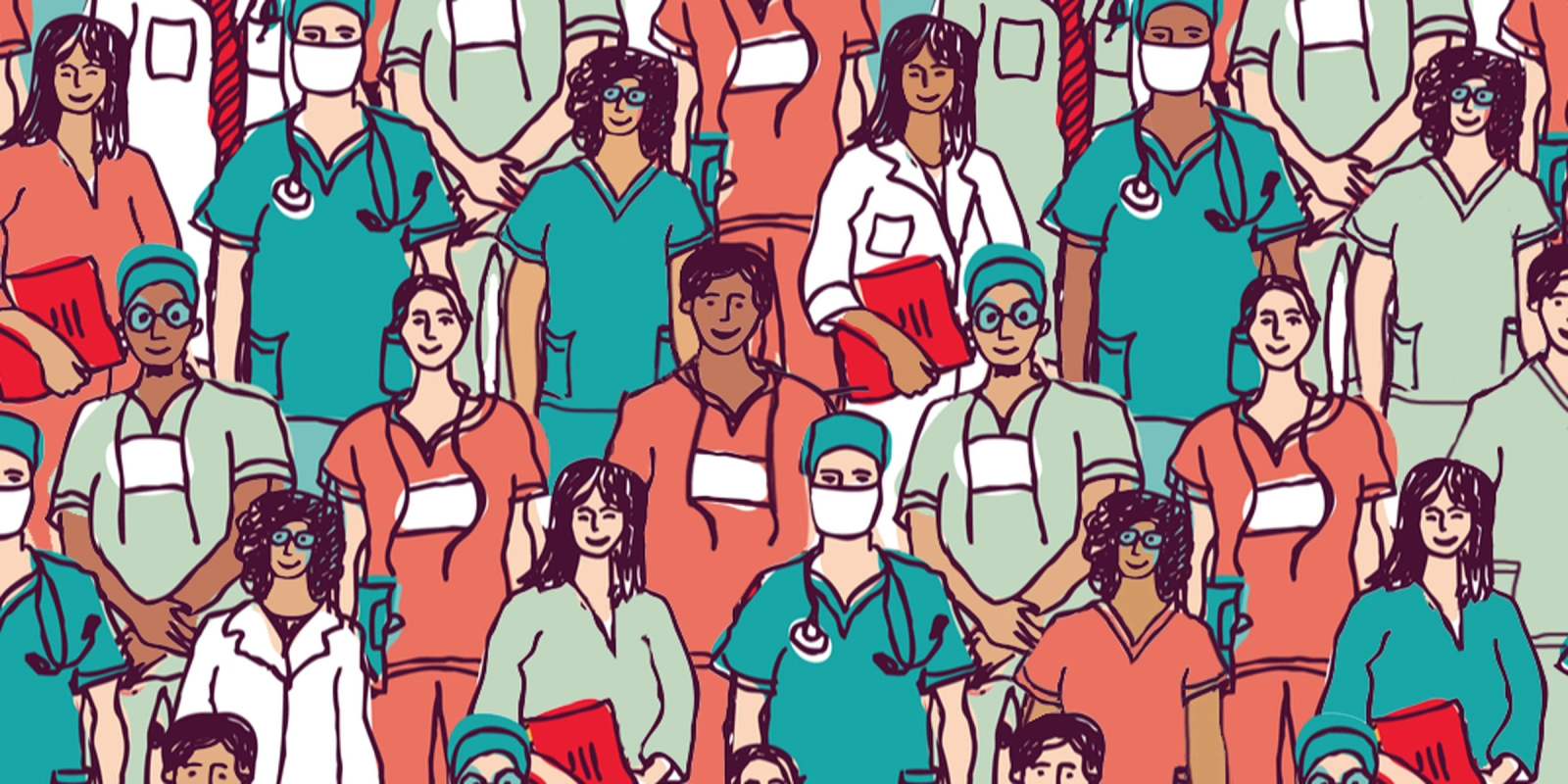As a Latina fourth-year medical student, my journey has been marked by a complex relationship with affirmative action. Growing up in a predominantly white and affluent city, I grappled with the desire to distance myself from my racial identity. Yet, my experiences have shaped my perspective, leading me to realize the importance of racial diversity in medicine. Affirmative action, though imperfect, is a vital tool that helps address historical disparities and allows for a more inclusive health care system.
When I applied to college, my father encouraged me to identify as Hispanic, hoping it would increase my chances of gaining admission to prestigious universities. However, despite my strong academic record, including a high GPA and rigorous coursework, along with my diverse background, I was denied acceptance to Ivy League schools. It was disheartening to witness classmates, who benefited from high family incomes and legacy status, secure coveted spots while I was overlooked even for an interview.
During my journey toward medical school, I faced several setbacks that tested my determination. After failing my first organic chemistry exam, I sought guidance from my pre-med advisors, hoping for support. Unfortunately, I was met with discouragement and told to consider alternative career paths. Undeterred, I persevered, achieved an A in the course, and continued pursuing my dreams. However, the challenges persisted as I faced financial constraints and time limitations while studying for the MCAT, ultimately leading to a lower score.
Amidst my struggles, I discovered a hidden chart from the AAMC that considered race as a factor in medical school admissions. The revelation that my chances of acceptance skyrocketed based on this single factor raised questions about the fairness of the system. I encountered naysayers who dismissed my accomplishments, attributing my success solely to my race. However, I understood that my low MCAT score and desire to attend the same school as my husband necessitated additional efforts.
Together, my partner and I accumulated significant debt while applying to over 60 medical schools across the nation. Although I received multiple interviews and acceptances, it was clear that racial disparities persisted. Upon enrolling in medical school, I found myself in a small percentile of students of color within my class. Conversations with my classmates revealed that the majority hailed from Ivy League institutions, possessed family connections in the medical field, and did not face the burden of student loans. Despite our racial differences, these disparities remained unchanged.
The COVID-19 pandemic further underscored the inequities in medical education. Students with racial and social disadvantages were disproportionately affected, experiencing mental health challenges, failing Step 1 exams, and often requiring additional time off. I, too, found myself grappling with imposter syndrome as I observed my previous cohort and partner advancing in their medical careers.
As I prepare my application to residency, I am compelled to reevaluate the significance of checking the race box on my application. Will it increase the likelihood of my personal statement being noticed among the thousands of other applications? While I acknowledge the advantages that diversity brings to the physician-patient relationship, I have encountered physicians who, despite identifying as racially diverse, lack empathy or fail to appreciate the value of diversity in health care.
Race is merely one facet of an individual's identity and should not solely define their experiences, resilience, or worth. Skin color merely indicates the amount of melanin in one's skin. However, in the U.S., race has become a determinant of an individual's societal value. It shapes access to housing loans, educational opportunities, neighborhood resources, and subsequently impacts health outcomes.
In a society where racial disparities persist across social systems, race must be considered when selecting candidates for college and graduate education. As a patient and future doctor, I yearn to utilize my life-learned lessons to connect with my patients, understanding the barriers they face to reaching our appointments, such as transportation issues and lack of child care.
This is precisely why affirmative action matters and is a benefit to society. We strive for everyone to receive care from physicians who can speak their language — both the spoken words and the unspoken ones.
In 2021, the AAMC Physician Speciality Data Report found that 5.7% of doctors were Black/African American, 6.9% Hispanic, and 1.1% Native American. While progress has been made — according to the National Resident Matching Report, 2023’s match data comprised of 10.3% Black/African American, 12.2% Hispanic individuals, and 1.7% Native American — medical schools and residencies must continue considering race critically to ensure they truly capture the stories of their diverse applicants.
Embracing affirmative action is an essential step toward fostering a more diverse and compassionate health care system. While recognizing its imperfections, we must acknowledge that race has influenced social systems and continues to impact individual lives. By incorporating race as a factor in admissions, we open doors to underrepresented communities and create opportunities for individuals to share their unique perspectives and experiences. Ultimately, it is through diversity that we can truly transform health care and provide equitable care to all patients.
What are your thoughts on affirmative action in health care? Share in the comments.
Stephanie Moss (she/her) is a Latina third-year medical student studying at Rush Medical College in Chicago, and is pursuing becoming a trauma-informed family medicine physician. She is in the process of building a website that contains her writings and hundreds of resources on trauma-related health conditions for both patients and health care providers. You can visit her website, Instagram/Twitter (@medpsycmoss), and LinkedIn.
Image by Chief Crow Daria / Shutterstock





